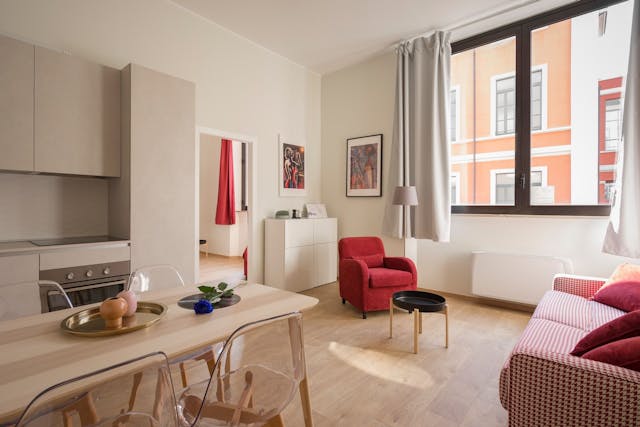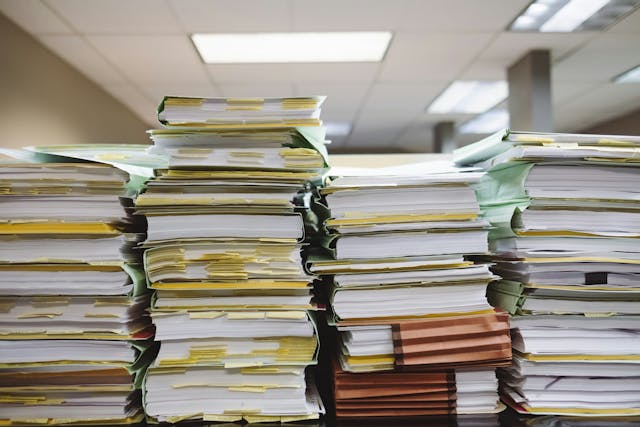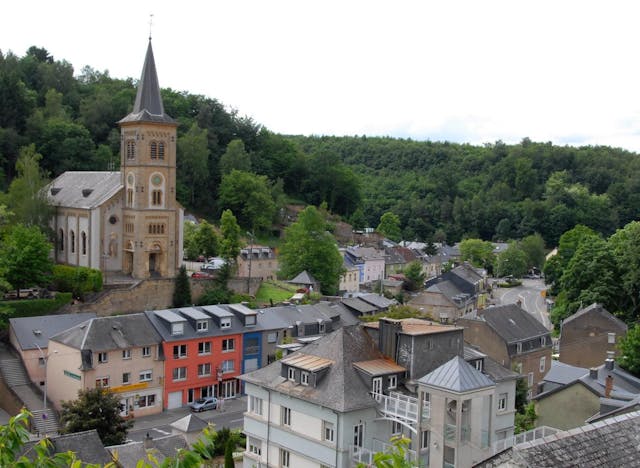Luxembourg accelerates electric vehicle infrastructure

CHUTTERSNAP, Unsplash
Following the sixth and final round of the project to support charging infrastructure for electric vehicles, launched under the 2022 law, the Luxembourg authorities have selected 20 applications from companies to install 232 new charging stations, 124 of which will be publicly accessible. The state will reimburse up to 50 per cent of the costs, with total subsidies totalling €4.3 million. The installations will provide a total capacity of up to 20 MW, depending on the needs of the business.
Since the law came into force, 154 applications have been received under six tenders, of which 132 have been approved. The cumulative investment totalled €64.7 million, with a total capacity of more than 111 MW. These initiatives have resulted in 681 public and 1,176 private charging points in the country. In parallel, a separate support programme for small and medium-sized businesses was in place, ending in 2024: €2.2 million in subsidies enabled the installation of 540 chargers.
On 10 July 2025, Parliament adopted bill No. 8474 extending the current subsidy mechanism and expanding its scope: aid is now available not only for chargers but also for hydrogen refuelling stations. Economy Minister Lex Delles stressed that the transport sector is responsible for two-thirds of the country's greenhouse gas emissions, and infrastructure modernisation is key to Luxembourg's climate policy.
The new law also introduces the possibility of financing mobile charging stations that can be temporarily placed, for example, on construction sites. This innovation will allow flexible allocation of infrastructure depending on current needs.
A new subsidy regime has been established for small and medium-sized enterprises, valid until 30 September 2026. Small companies can expect compensation of up to 50% of their expenses, while medium-sized companies - up to 40%. The period for considering applications has also been shortened: now it should not exceed one month from the date of submission of a complete set of documents.
All assistance programmes are part of the European initiative NextGenerationEU and co-financed by the EU. The measures taken bring Luxembourg closer to the pan-European goals of creating a network of alternative fuelling infrastructure - not only for cars but also for lorries. This is a step towards a major transformation of transport towards a cleaner future that transcends national borders.





